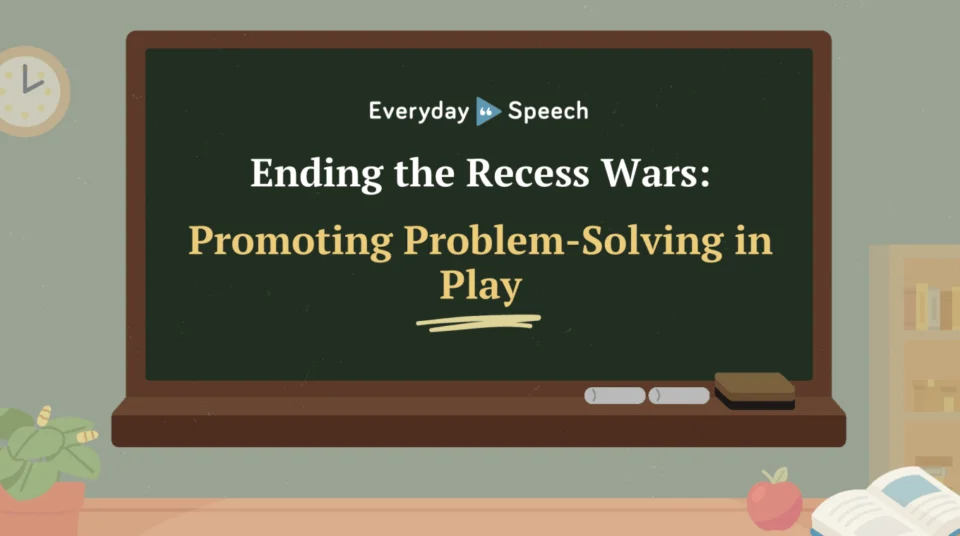Teaching Students to Agree More Often: A Guide for Special Education Educators
Get free social skills materials
No-prep lessons on self-regulation, emotional recognition, conversation skills, and more.
Sign up hereIntroduction
Teaching students the importance of agreeing more often than disagreeing can help foster positive relationships and promote inclusivity. This is especially important in special education settings, where students may struggle with social-emotional learning. This blog post will provide an overview of the skills needed to teach students to agree more often, as well as a no-prep activity, discussion questions, related skills, and next steps for educators to follow.
No-Prep Activity: The Agree-Disagree Game
This simple, no-prep activity is designed to help students practice agreeing and disagreeing in a controlled environment. Begin by having students sit in a circle. The educator will then present a series of statements, and students will take turns responding with either “I agree” or “I disagree.”
Encourage students to think about the importance of agreeing more often than disagreeing, and remind them that it’s okay to disagree occasionally, but too much disagreement can lead to negative feelings. After each round, discuss the students’ responses and encourage them to reflect on their choices.
Discussion Questions
- Why is it important to agree more often than disagree in social situations?
- How can agreeing more often help to foster positive relationships with others?
- What are some situations where it might be better to disagree, even if it means going against the majority?
- How can we remain calm and friendly when we need to disagree with someone?
- Why is it important to never agree to an idea that is unkind, hurtful, or against the rules?
Related Skills
Beyond agreeing more often than disagreeing, there are other related social-emotional skills that can help students thrive in social situations. These include:
- Active listening: Paying close attention to what others are saying and responding thoughtfully.
- Empathy: Understanding and sharing the feelings of others, and showing compassion and support.
- Conflict resolution: Working through disagreements in a constructive manner and finding a solution that satisfies all parties involved.
- Self-awareness: Recognizing and understanding one’s own emotions, needs, and preferences, and considering how they affect others.
Next Steps
Developing social-emotional skills is crucial for students in special education settings, and teaching them to agree more often than disagree is just one part of the equation. To further support your students’ growth, consider signing up for free samples of skill-building materials and resources from Everyday Speech. These samples can help you enhance your students’ social-emotional learning and foster a more inclusive, supportive environment in your classroom.


